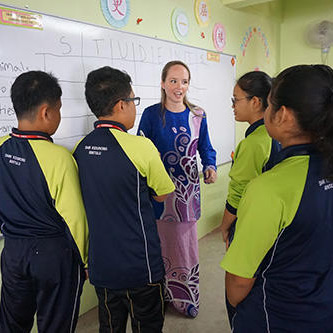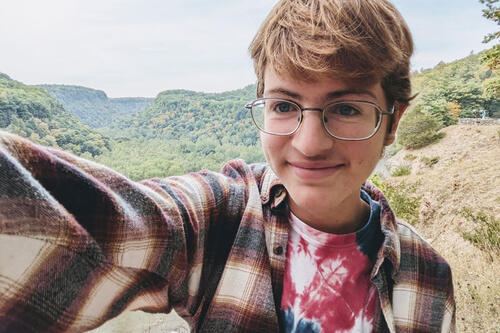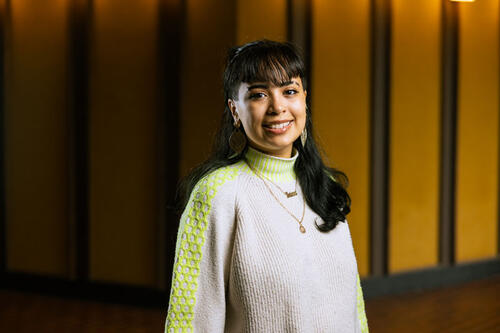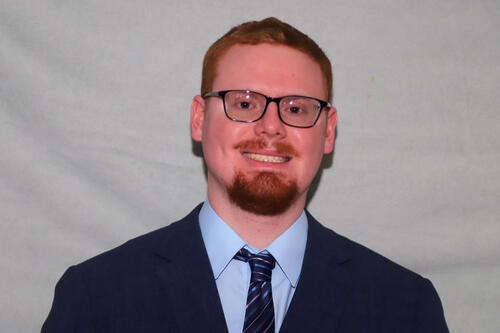Student Fellowships
The Fulbright U.S. Student Program offers research, study and teaching opportunities in over 140 countries to recent graduates and graduate students.

Faculty Fellowships
The Fulbright U.S. Scholar Program offers teaching, research or combination teaching/research awards in more than 125 countries to college and university faculty, administrators, and others.

About the Fulbright Program
The Fulbright Program is the flagship international educational exchange program sponsored by the U.S. Government.
Established in 1946 by President Harry Truman, the goal of the Program is to increase mutual understanding and promote friendly and peaceful relations between the United States and people of other countries.
The Fulbright Program awards approximately 8,000 grants annually. Roughly 1,600 U.S. students, 4,000 foreign students, 1,200 U.S. scholars, and 900 visiting scholars receive awards, in addition to several hundred teachers and professionals. Approximately 370,000 "Fulbrighters" have participated in the Program since its inception.
Currently, the Fulbright Program operates in over 160 countries worldwide.
The Student Fulbright Experience
"It's not only an immersion, but an exchange. I get to learn as much as I teach.
... but no matter how far I travel, no matter where I end up—Geneseo will always be home for me."
- Sarah Phillips '18, U.S. Student Fulbright award winner (Pasto, Columbia)
The Faculty Fulbright Experience

"My experience has had life-changing impacts on both my professional career and personal life. I continued my Fulbright research for several years … and was able to use the deep knowledge that I gained in the country to enhance my teaching in courses that include The Developing World, Geography of Sub-Saharan Africa, and Urban Issues Seminar. I have also used this knowledge to assist, and now lead, study abroad courses in Ghana."
—Jennifer Rogalsky, associate professor of Geography and department chair

"The experiences were immensely valuable for my professional development. It was eye-opening to live in China, a country where the communist party tightly controls information, but where some citizens feel sufficiently comfortable to discuss politics in China and the U.S. It was a tremendous opportunity to witness incredible changes … and Cambodia, a very poor country that has suffered greatly, has a kind and generous population."
—Jeffrey Koch, professor & chair of political science and international relations.




